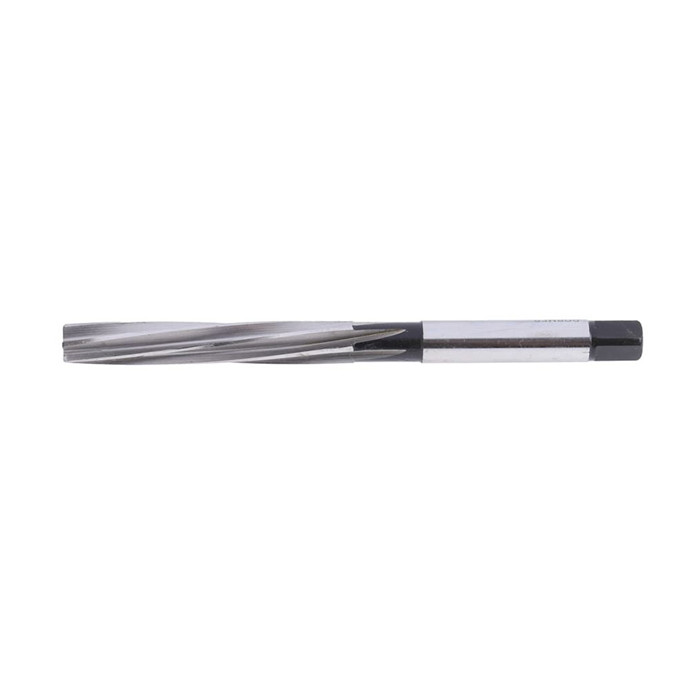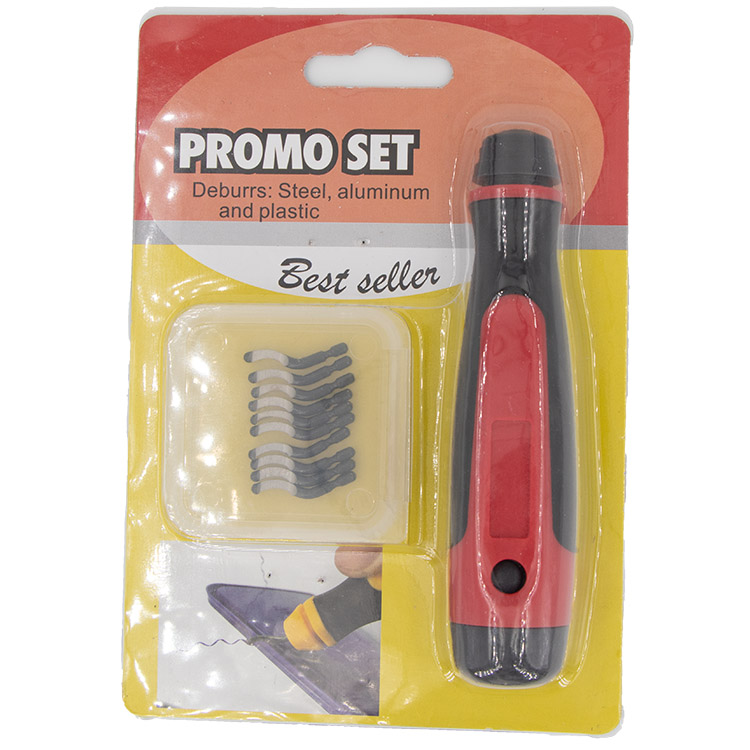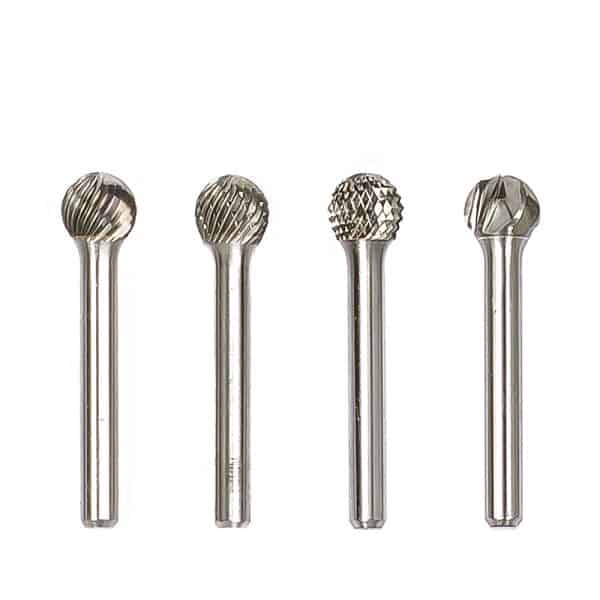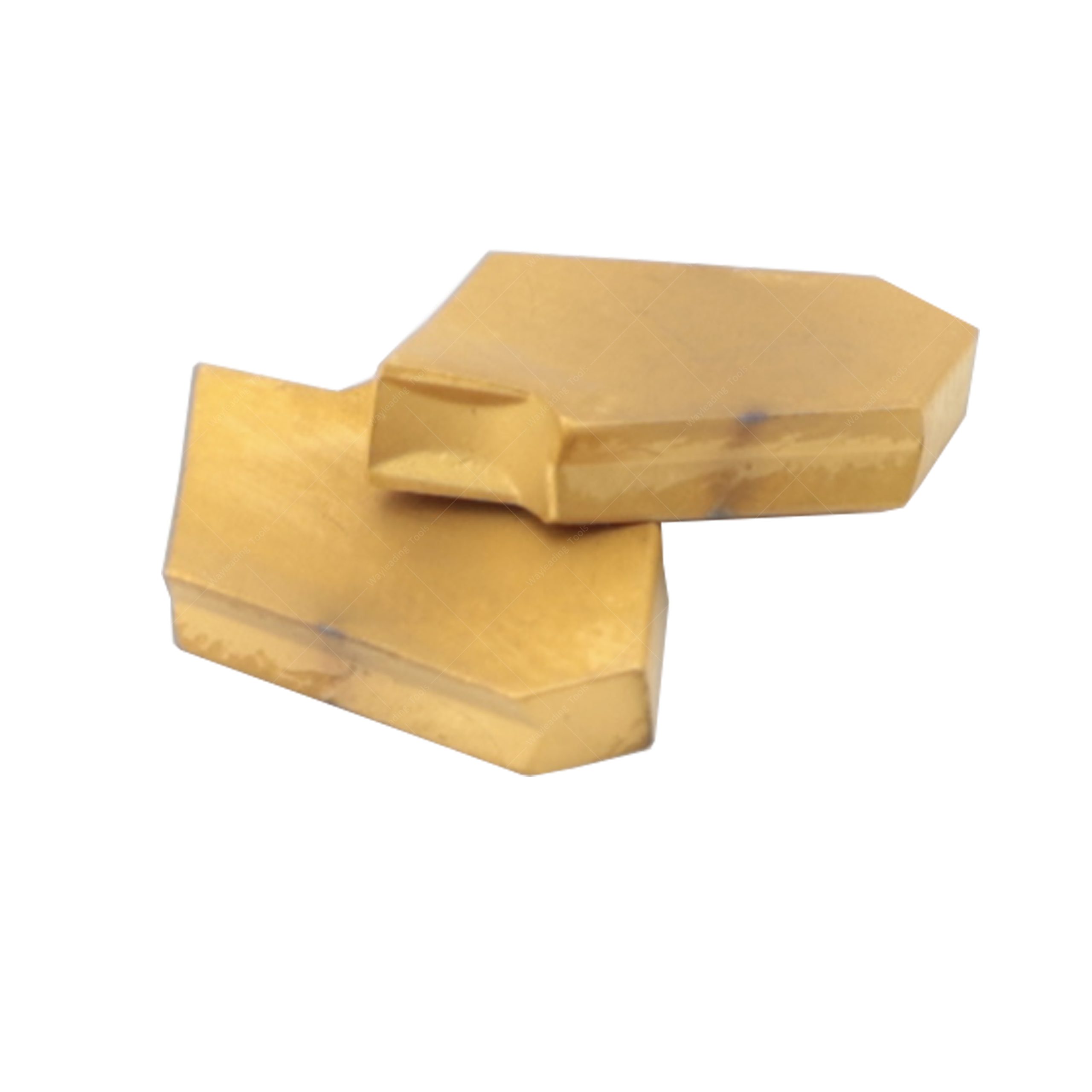Wholesale Corner Rounding End Mill
Corner rounding end mills are essential for creating smooth, safe, and aesthetically pleasing edges on various materials. This guide explores the world of wholesale corner rounding end mills, covering their types, applications, materials, and key factors to consider when selecting the right tool for your needs. Learn how to optimize your machining processes and achieve superior results with the right end mill.
Understanding Corner Rounding End Mills
Corner rounding end mills, also known as radius end mills, are cutting tools specifically designed to create a rounded edge or radius on a workpiece. Instead of a sharp 90-degree corner, these end mills produce a smooth, curved transition. This is beneficial for several reasons, including improving part safety, reducing stress concentrations, and enhancing the overall appearance of the finished product.
Types of Corner Rounding End Mills
Different types of wholesale corner rounding end mills cater to specific applications and materials. Here are some common types:
- Solid Carbide Corner Rounding End Mills: Known for their high hardness and wear resistance, solid carbide end mills are suitable for machining harder materials like stainless steel, titanium, and cast iron.
- High-Speed Steel (HSS) Corner Rounding End Mills: HSS end mills are more affordable than carbide end mills and are a good choice for machining softer materials like aluminum, wood, and plastic.
- Indexable Corner Rounding End Mills: These end mills use replaceable inserts, allowing for quick and easy tool changes. They are often used for high-volume production runs.
- Ball Nose Corner Rounding End Mills: While technically a different category, ball nose end mills can be used to create corner radii, especially on complex 3D surfaces.
Applications of Corner Rounding End Mills
Wholesale corner rounding end mills are used across numerous industries, including:
- Aerospace: Creating smooth edges on aircraft components to reduce stress and improve aerodynamics.
- Automotive: Rounding edges on automotive parts for safety and aesthetics.
- Manufacturing: Deburring and rounding edges on various metal and plastic parts.
- Mold Making: Creating precise corner radii on molds and dies.
- Woodworking: Rounding edges on furniture and other wood products for safety and a finished look.
Factors to Consider When Choosing a Wholesale Corner Rounding End Mill
Selecting the right wholesale corner rounding end mill is crucial for achieving optimal results. Here are some key factors to consider:
Material of the End Mill
The material of the end mill should be compatible with the material being machined. Carbide end mills are ideal for hard materials, while HSS end mills are suitable for softer materials. Consider coated carbide end mills for enhanced performance and longer tool life. Check out Wayleading Tools for a wide selection.
Corner Radius
The corner radius of the end mill should match the desired radius on the workpiece. Corner radii are typically measured in millimeters or inches. Ensure that the selected end mill has the correct radius for your application.
Number of Flutes
The number of flutes on the end mill affects the cutting speed and finish. End mills with fewer flutes (2 or 3) are better for softer materials and provide better chip evacuation. End mills with more flutes (4 or more) are better for harder materials and provide a smoother finish.
Cutting Parameters
Proper cutting parameters, such as cutting speed, feed rate, and depth of cut, are essential for achieving optimal results and extending tool life. Consult the manufacturer's recommendations and adjust the parameters based on the material being machined. Refer to machining guides for specific materials to find starting points.
Shank Diameter
The shank diameter of the end mill must be compatible with the machine tool holder. Common shank diameters include 1/4 inch, 3/8 inch, 1/2 inch, and metric equivalents. Make sure the shank fits your machine.
Materials and Coatings
The material and coating of a wholesale corner rounding end mill significantly impact its performance and lifespan. Common materials include:
- Carbide: Offers high hardness, wear resistance, and heat resistance, making it suitable for machining hard materials.
- High-Speed Steel (HSS): More affordable than carbide, suitable for machining softer materials.
Common coatings include:
- Titanium Nitride (TiN): Increases hardness and wear resistance.
- Titanium Aluminum Nitride (TiAlN): Provides excellent heat resistance and is ideal for high-speed machining.
- Diamond-Like Carbon (DLC): Reduces friction and prevents chip adhesion, improving surface finish.
Troubleshooting Common Issues
Even with the right tools and parameters, you might encounter some challenges. Here are common issues and how to solve them:
- Chipping: Reduce feed rate and cutting speed. Ensure the workpiece is securely clamped.
- Poor Surface Finish: Increase the number of flutes, reduce feed rate, and use a coolant.
- Excessive Tool Wear: Select a harder material or coating for the end mill. Reduce cutting speed and feed rate.
Where to Buy Wholesale Corner Rounding End Mills
When purchasing wholesale corner rounding end mills, consider reputable suppliers like Wayleading Tools, known for their quality and reliability. Look for suppliers that offer a wide selection of end mills, competitive pricing, and technical support.
Corner Rounding End Mill Specifications: An Example
This table shows some sample corner rounding end mills and their specifications. Note that actual specifications will vary depending on the manufacturer.
| Feature | End Mill A | End Mill B | End Mill C |
|---|---|---|---|
| Material | Solid Carbide | HSS | Carbide (TiAlN Coated) |
| Corner Radius | 3mm | 2mm | 4mm |
| Number of Flutes | 4 | 2 | 6 |
| Shank Diameter | 12mm | 10mm | 12mm |
| Suitable Material | Steel, Stainless Steel | Aluminum, Plastic | High-Speed Steel, Titanium |
Note: Specifications are for illustrative purposes only. Always refer to the manufacturer's data sheet for accurate information.
Conclusion
Choosing the right wholesale corner rounding end mill involves careful consideration of material, corner radius, number of flutes, cutting parameters, and shank diameter. By understanding these factors, you can optimize your machining processes and achieve superior results. Explore reputable suppliers like Wayleading Tools for high-quality end mills to meet your specific needs.
Disclaimer: This article provides general information. Always consult with a qualified professional for specific machining advice.
Related products
Related products
Best selling products
Best selling products-
 Single Wheel Knurling Tools With Straight Pattern For Industrial Type
Single Wheel Knurling Tools With Straight Pattern For Industrial Type -
 Deburring Tool Holder For The Deburring Tool Blades
Deburring Tool Holder For The Deburring Tool Blades -
 Auto Self Reversible Tapping Chuck In Drill Machine
Auto Self Reversible Tapping Chuck In Drill Machine -
 HSS Inch Hand Reamer With Straight Or Spiral Flute
HSS Inch Hand Reamer With Straight Or Spiral Flute -
 ANSI B94 HSS Jobber Length Drill Bits Fully Ground
ANSI B94 HSS Jobber Length Drill Bits Fully Ground -
 Type C Cylinder Ball Nose Tungsten Carbide Rotary Burr
Type C Cylinder Ball Nose Tungsten Carbide Rotary Burr -
 Type B Light Duty Deburring Tool Set With Deburring Holder And Deburring Blade
Type B Light Duty Deburring Tool Set With Deburring Holder And Deburring Blade -
 Type D Ball Tungsten Carbide Rotary Burr
Type D Ball Tungsten Carbide Rotary Burr -
 Inch HSS Step Drills with Straight Flute
Inch HSS Step Drills with Straight Flute -
 Carbide Tipped Hole Cutter For Cutting Stainless Steel And Iron Or Steel Plate
Carbide Tipped Hole Cutter For Cutting Stainless Steel And Iron Or Steel Plate -
 3 Flutes HSS Chamfering Countersink Drill bitl With 60 And 90 Degree
3 Flutes HSS Chamfering Countersink Drill bitl With 60 And 90 Degree -
 HSS Inch 4 Flute End Mills With Bright Or TiN And TiAlN Coated
HSS Inch 4 Flute End Mills With Bright Or TiN And TiAlN Coated











